Specific regulations
The Party and State have very clear and specific regulations on individual responsibility to the collective from cadres, party members, heads of agencies and units based on the principle: The higher the position, the greater the responsibility.
Recently, on behalf of the Politburo, Standing member of the Secretariat, Head of the Central Organization Committee Truong Thi Mai signed and issued Regulation No. 142-QD/TW dated April 23, 2024 regulating the pilot implementation of delegation of authority and responsibility to leaders in personnel work. This regulation stipulates the scope, subjects, principles, authority and responsibility of leaders in the pilot implementation of personnel work, including: Introducing candidates for election, appointing deputies of the leader; electing additional members of the Standing Committee of the Party Committee at the same level; appointing and dismissing leaders of subordinate levels directly under their management authority.
It is noteworthy that the head is responsible for his/her decisions even after transferring jobs or retiring in the following cases: Introducing cadres for election or appointment without impartiality and objectivity, without ensuring standards, conditions, political qualities, ethics, lifestyle, and working capacity; Dismissing cadres without ensuring the basis and procedures according to regulations.
Regulation 142 is a further step to promote the role and responsibility of the leader. The greater the role, the greater the responsibility, including dismissal and resignation if the responsibility is not fulfilled. Regulation No. 41-QD/TW dated November 3, 2021 of the Central Executive Committee also specifically stipulates the dismissal and resignation of officials. The two concepts of "dismissal" and "resignation" are clearly distinguished in this regulation.
Dismissal according to Regulation No. 41-QD/TW is the decision of the competent authority to let an official leave his/her position before the end of his/her term or appointment due to failure to meet job requirements, loss of prestige, or violations but not to the extent of disciplinary action of dismissal. Resignation is the act of an official voluntarily requesting to leave his/her position before the end of his/her term or appointment and is approved by the competent authority.
In particular, the basis for considering dismissal and resignation related to the responsibility of the head includes the following cases: Dismissal for the head when the agency, unit under his/her management, responsibility or direct subordinates commits very serious corruption and negative acts; The head takes advantage of his/her assigned position and authority to condone, cover up, or assist in corruption and negative acts, depending on the nature and level of the violation, he/she will be considered for resignation; Resignation for the head when the agency, unit under his/her management, responsibility or direct subordinates commits serious corruption and negative acts.
In performing their duties and public duties, heads of State agencies, organizations and units must also comply with the responsibility regime prescribed in Decree No. 157/2007/ND-CP dated October 27, 2007 of the Government. Accordingly, in addition to being responsible for all activities of the agencies, organizations and units assigned to lead, heads also have the responsibility to set an example: Be exemplary and strictly comply with the Party's guidelines, policies and guidelines, the State's laws and instructions from superiors. The higher the leadership level, the higher the exemplary role must be.
Unanimous implementation
The Party and State's regulations on exemplary responsibility, responsibility for leaders, and dismissal and resignation of officials have been supported by officials, party members and the masses, especially in handling recent corruption and negative cases.
Recently, many officials holding important positions from the central to local levels in the political system have been dismissed or removed from their positions. Among them, there are officials who "violated regulations on what party members are not allowed to do, regulations on exemplary responsibility of officials and party members, first of all members of the Politburo, members of the Secretariat, members of the Central Executive Committee and are responsible as leaders according to the regulations of the Party and the laws of the State. Those violations and shortcomings caused bad public opinion, affecting the prestige of the Party, the State and the comrade personally".
The dismissal of officials and Party members, including those holding high positions, is aimed at building a clean and strong Party and State apparatus, demonstrating the supremacy of the law, spreading the sense of political responsibility among Party members, and strengthening the people's trust in the Party.
At the same time, this is also a way for cadres to self-reflect and self-correct regularly like "brushing teeth and washing face every day", considering honor higher than authority, title or salary, and personal interests.
Cultivation and training is a lifelong process for cadres and party members. Without regular cultivation, leaders, regardless of their level or their contributions, will lose prestige and will not be able to fulfill the responsibilities assigned by the organization. Resignation is a way for them to take responsibility for the mistakes of their units and subordinate cadres.
Regulation No. 41-QD/TW gives leaders at all levels the opportunity to voluntarily return to their current positions when they feel they are no longer worthy, demonstrating political responsibility to the Party and the people.
The recent disciplinary actions, dismissals and resignations of leaders at all levels, from local to central levels, have shown that the fight against corruption and negativity by our Party and State has no exceptions and no forbidden areas. That is why the personnel screening process has achieved high consensus within the Party and public opinion. This also contributes significantly to maintaining the country's political and social stability.
Party members and the masses understand that tightening Party discipline and State laws is necessary for the common cause of the country, and the exemplary responsibility of leaders must be promoted so that their duties are commensurate with their powers. The goal of Party building and rectification must be persistently carried out with greater determination and more drastic actions.
Source








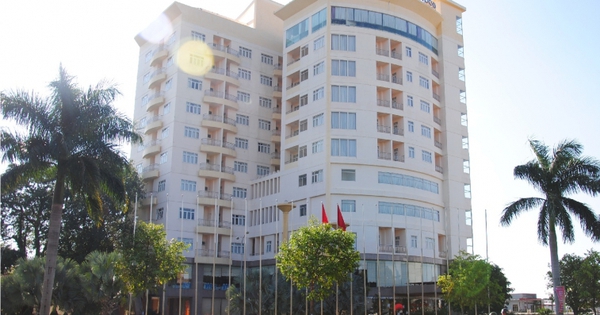

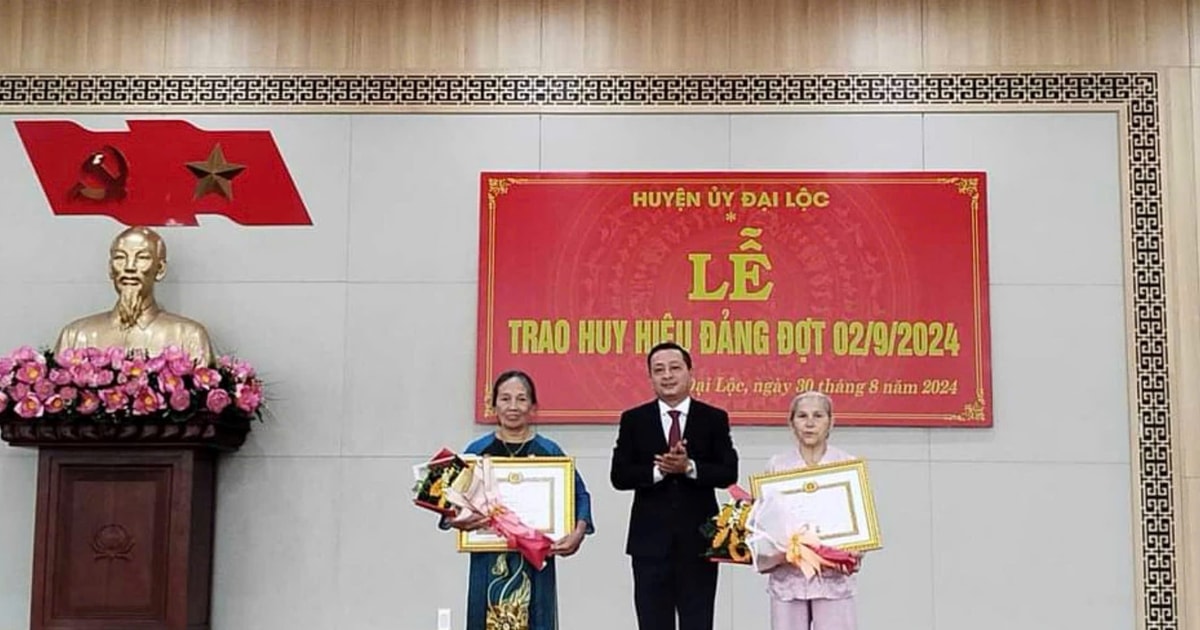
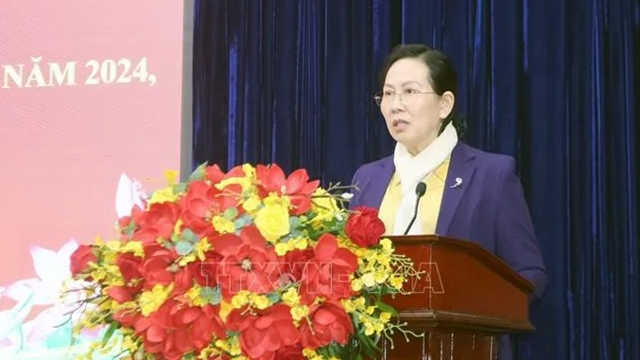

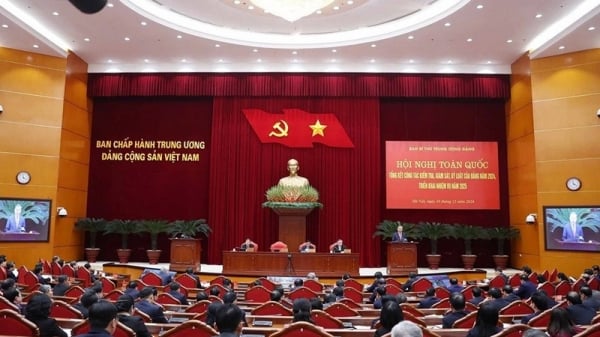

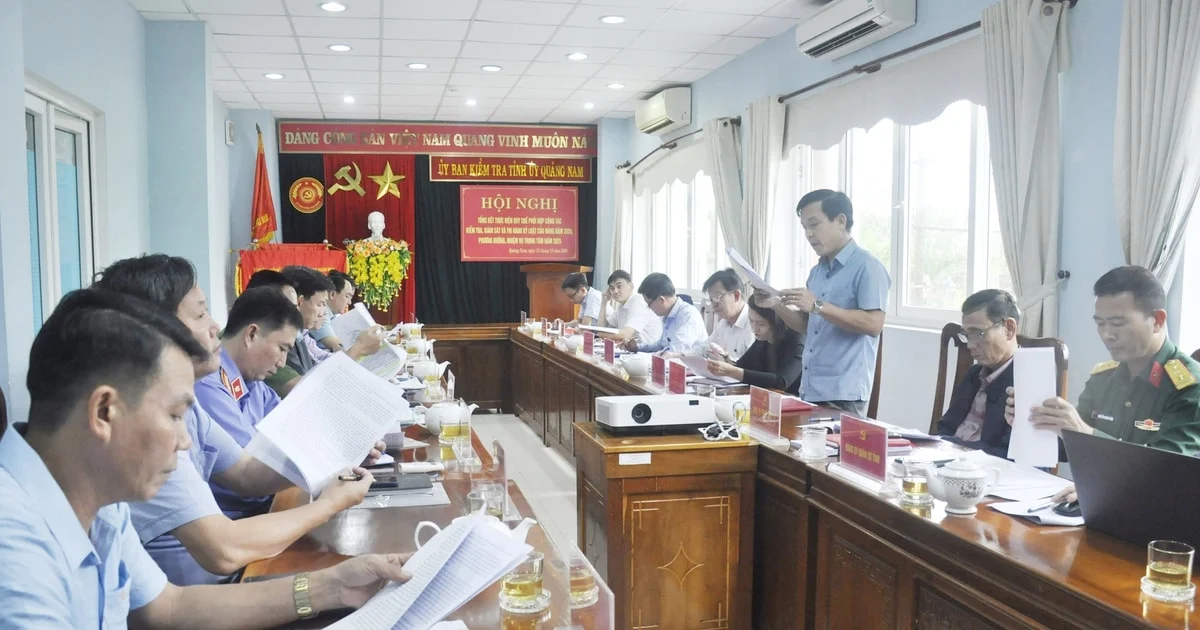
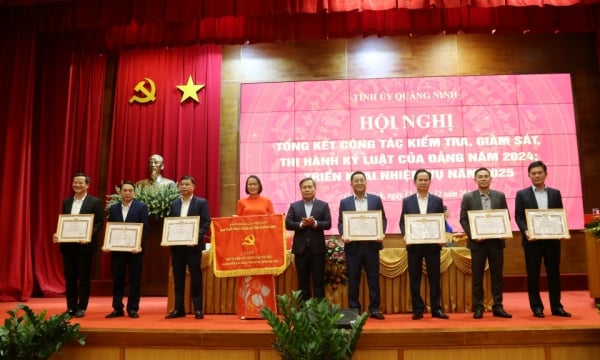
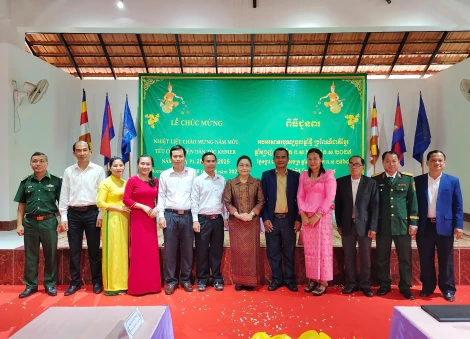













![[Photo] Visiting Cu Chi Tunnels - a heroic underground feat](https://vstatic.vietnam.vn/vietnam/resource/IMAGE/2025/4/8/06cb489403514b878768dd7262daba0b)






















































Comment (0)